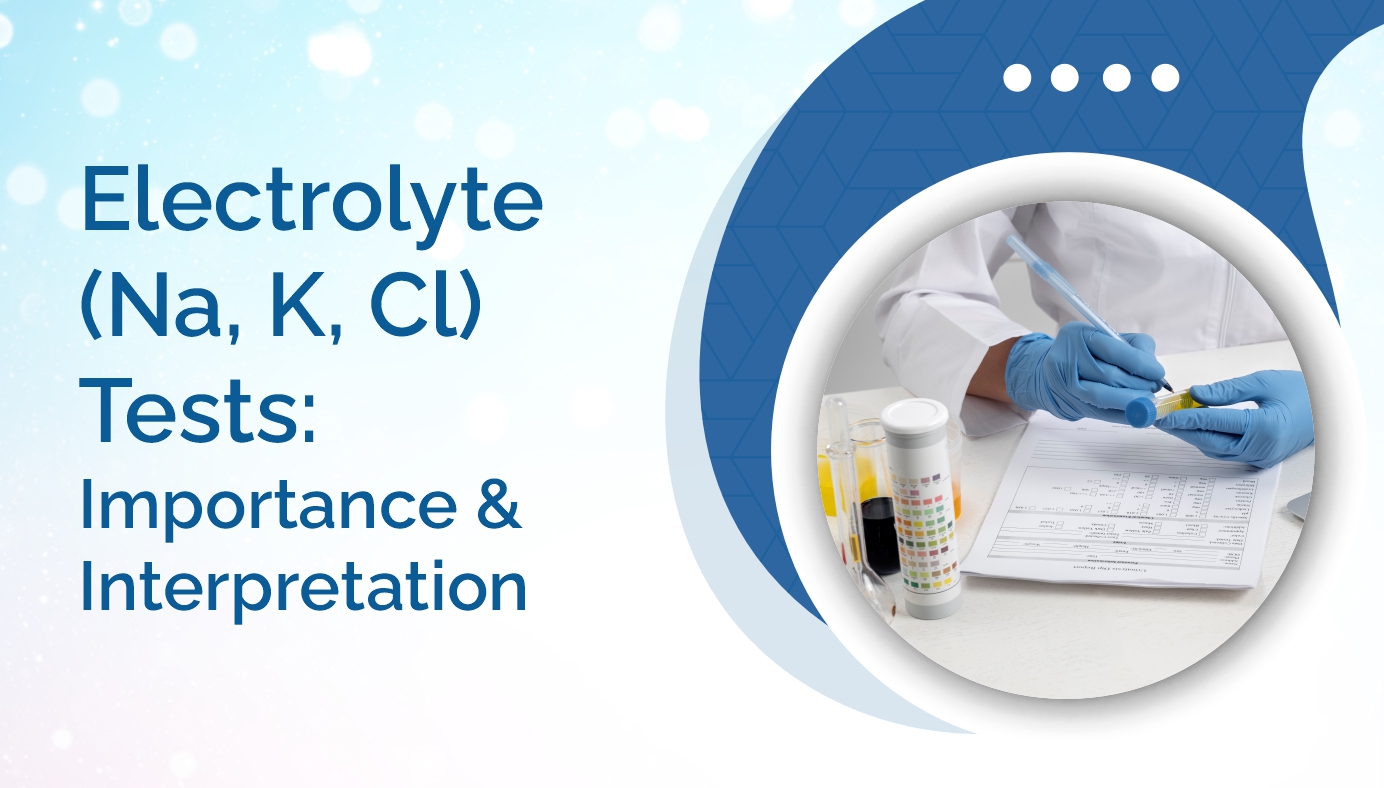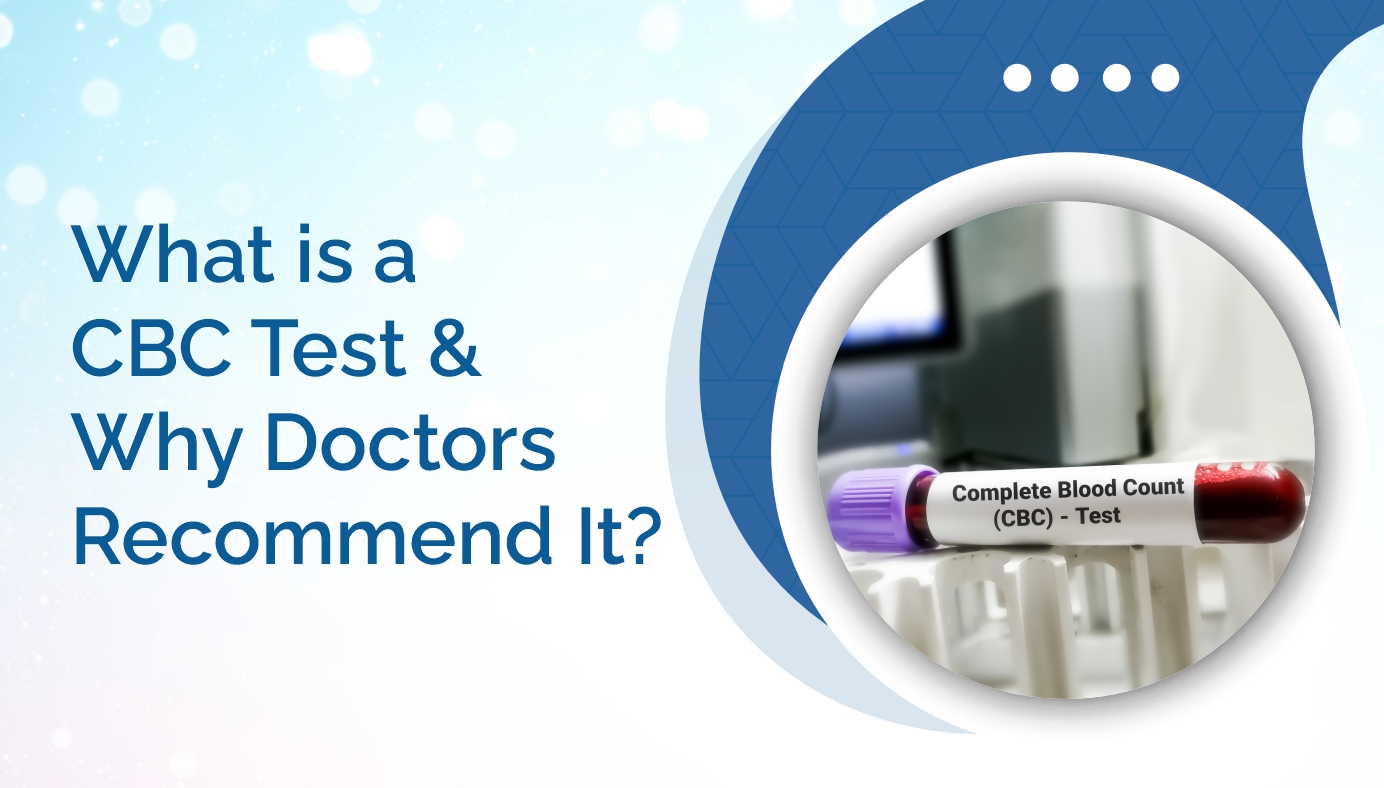


Condition
- Lifestyle Packages
- Lifestyle Packages
- Diabetes
- Diabetes
- Top tests
- Lifestyle Packages
- Top tests
- Top tests
- Lifestyle Packages
- Top tests
- Top tests
- Top tests
- Lifestyle Packages
- Infectious
- Preventive Health Checkup
- Diabetes
- Diabetes
- Preventive Health Checkup
- Top tests
- Top tests
- Heart Disease & Hypertension
- Lifestyle Packages
- Preventive Health Checkup
- Diabetes
- Diabetes
- Preventive Health Checkup
- Preventive Health Checkup
- Top tests
- Lifestyle Packages
- Diabetes
- Preventive Health Checkup
- Top tests
- Lifestyle Packages
- Diabetes
- Diabetes
- Diabetes
- Diabetes
- Diabetes
- Diabetes
- Preventive Health Checkup
- Preventive Health Checkup
- Diabetes
- Preventive Health Checkup
- Preventive Health Checkup
- Genomics
- Others
- Others
- Others
- Preventive Health Checkup
- Pulmonary / Infectious
- Diabetes
- Diabetes
- Others
- Preventive Health Checkup
- Others
- Preventive Health Checkup
- Top tests
- Others
- Genetics
- Others
- Gastrointestinal / Skeletomuscular
- Gastrointestinal / Skeletomuscular
- Others
- Others
- Others
- Others
- Others
- Others
- Others
- Others
- Others
- Others
- Others
- Others
- Others
- Others
- Others
- Others
- Others
- Others
- Others
- Others
- Others
- Others
- Others
- Others
- Others
- Others
- Others
- Others
- Others
- Others
- Others
- Others
- Others
- Others
- Others
- Others
- Others
- Others
- Others
- Others
- Others
- Others
- Others
- Others
- Others
- Others
- Others
- Others
- Others
- Others
- Others
- Others
- Others
- Others
- Others
- Others
- Others
- Others
- Others
- Others
- Others
- Others
- Others
- Others
- Others
- Others
- Top tests
- Top tests
- Top tests
- Top tests
- Top tests
- Top tests
- Top tests
- Top tests
- Top tests
- Preventive Health Checkup
- Top tests
- Top tests
- Top tests
- Top tests
- Blood Banking & Transfusion
- Lifestyle Packages
- Blood Banking & Transfusion
- Blood Banking & Transfusion
- Top tests
- Top tests
- Lifestyle Packages
- Diabetes
- Blood Banking & Transfusion
- Blood Banking & Transfusion
- Blood Banking & Transfusion
- Blood Banking & Transfusion
- Blood Banking & Transfusion
- Others
- Others
- Others
- Others
- Blood Banking & Transfusion
- Blood Banking & Transfusion
- Blood Banking & Transfusion
- Blood Banking & Transfusion
- Vitamin Deficiency
- Vitamin Deficiency
- Vitamin Deficiency
- Vitamin Deficiency
- Vitamin Deficiency
- Blood Banking & Transfusion
- Blood Banking & Transfusion
- Blood Banking & Transfusion
- Blood Banking & Transfusion
- Diabetes
- Diabetes
- Heart Disease & Hypertension
- Preventive Health Checkup
- Diabetes
- Preventive Health Checkup
- Preventive Health Checkup
- Diabetes
- Diabetes
- Heart Disease & Hypertension
- Top tests
- Heart Disease & Hypertension
- Diabetes
- Top tests
- Diabetes
- Heart Disease & Hypertension
- Lifestyle Packages
- Heart Disease & Hypertension
- Lifestyle Packages
- Heart Disease & Hypertension
- Heart Disease & Hypertension
- Lifestyle Packages
- Preventive Health Checkup
- Preventive Health Checkup
- Top tests
- Preventive Health Checkup
- Heart Disease & Hypertension
- Heart Disease & Hypertension
- Heart Disease & Hypertension
- Top tests
- Top tests
- Lifestyle Packages
- Heart Disease & Hypertension
- Heart Disease & Hypertension
- Top tests
- Heart Disease & Hypertension
- Preventive Health Checkup
- Diabetes
- Lifestyle Packages
- Heart Disease & Hypertension
- Top tests
- Heart Disease & Hypertension
- Heart Disease & Hypertension
- Diabetes
- Lifestyle Packages
- Preventive Health Checkup
- Diabetes
- Top tests
- Diabetes
- Allergy
- Heart Disease & Hypertension
- Diabetes
- Heart Disease & Hypertension
- Diabetes
- Lifestyle Packages
- Lifestyle Packages
- Top tests
- Preventive Health Checkup
- Lifestyle Packages
- Preventive Health Checkup
- Preventive Health Checkup
- Diabetes
- Top tests
- Heart Disease & Hypertension
- Preventive Health Checkup
- Top tests
- Heart Disease & Hypertension
- Lifestyle Packages
- Lifestyle Packages
- Diabetes
- Preventive Health Checkup
- Top tests
- Diabetes
- Top tests
- Preventive Health Checkup
- Preventive Health Checkup
- Preventive Health Checkup
- Diabetes
- Lifestyle Packages
- Lifestyle Packages
- Heart Disease & Hypertension
- Lifestyle Packages
- Heart Disease & Hypertension
- Lifestyle Packages
- Preventive Health Checkup
- Preventive Health Checkup
- Preventive Health Checkup
- Lifestyle Packages
- Top tests
- Lifestyle Packages
- Top tests
- Lifestyle Packages
- Top tests
- Diabetes
- Diabetes
- Others
- Blood Disorders
- Top tests
- Others
- Others
- Others
- Fever
- Fever
- Blood Disorders
- Blood Disorders
- Preventive Health Checkup
- Preventive Health Checkup
- Profile
- Kidney Disease
- Kidney Disease
- Diabetes
- Diabetes
- Heart Disease & Hypertension
- Preventive Health Checkup
- Lifestyle Packages
- Thyroid Disorder
- Diabetes
- Diabetes
- Diabetes
- Diabetes
- Diabetes
- Diabetes
- Diabetes
- Top tests
- Allergy
- Top tests
- Top tests
- Top tests
- Top tests
- Diabetes
- Top tests
- Diabetes
- Top tests
- Top tests
- Top tests
- Liver Disease
- Diabetes
- Top tests
- Vitamin Deficiency
- Top tests
- Top tests
- Liver Disease
- Top tests
- Top tests
- Top tests
- Anemia
- Anemia
- Anemia
- Diabetes
- Diabetes
- Anemia
- Top tests
- Top tests
- Top tests
- Preventive Health Checkup
- Thyroid Disorder
- Heart Disease & Hypertension
- Top tests
- Preventive Health Checkup
- Diabetes
- Heart Disease & Hypertension
- Top tests
- Fever
- Allergy
- Liver Disease
- Lifestyle Packages
- Heart Disease & Hypertension
- Top tests
- Arthritis
- Top tests
- Top tests
- Heart Disease & Hypertension
- Kidney Disease
- Preventive Health Checkup
- Allergy
- Top tests
- Lifestyle Packages
- Top tests
- Kidney Disease
- Top tests
- Lifestyle Packages
- Top tests
- Preventive Health Checkup
- Preventive Health Checkup
- Top tests
- Top tests
- Vitamin Deficiency
- Allergy
- Diabetes
- Top tests
- Top tests
- Top tests
- Top tests
- Heart Disease & Hypertension
- Allergy
- Top tests
- Preventive Health Checkup
- Top tests
- Top tests
- Infertility
- Top tests
- Lifestyle Packages
- Allergy
- Diabetes
- Heart Disease & Hypertension
- Lifestyle Packages
- Preventive Health Checkup
- Preventive Health Checkup
- Top tests
- Preventive Health Checkup
- Top tests
- Diabetes
- Top tests
- Infertility
- Top tests
- Thyroid Disorder
- Top tests
- Allergy
- Preventive Health Checkup
- Vitamin Deficiency
- Top tests
- Top tests
- Infertility
- Lifestyle Packages
- Diabetes
- Liver Disease
- Kidney Disease
- Vitamin Deficiency
- Top tests
- Heart Disease & Hypertension
- Heart Disease & Hypertension
- Top tests
- Heart Disease & Hypertension
- Heart Disease & Hypertension
- Heart Disease & Hypertension
- Infertility
- Heart Disease & Hypertension
- Vitamin Deficiency
- Vitamin Deficiency
- Arthritis
- Arthritis
- Top tests
- Top tests
- Lifestyle Packages
- Preventive Health Checkup
- Lifestyle Packages
- Preventive Health Checkup
- Vitamin Deficiency
- Top tests
- Lifestyle Packages
- Lifestyle Packages
- Preventive Health Checkup
- Top tests
- Preventive Health Checkup
- Top tests
- Heart Disease & Hypertension
- Infertility
- Top tests
- Top tests
- Preventive Health Checkup
- Lifestyle Packages
- Top tests
- PCOD
- Preventive Health Checkup
- Lifestyle Packages
- Preventive Health Checkup
- Top tests
- Fever
- PCOD
- Kidney Disease
- Top tests
- Top tests
- Preventive Health Checkup
- Preventive Health Checkup
- Liver Disease
- Thyroid Disorder
- Top tests
- Heart Disease & Hypertension
- PCOD
- Top tests
- Arthritis
- Preventive Health Checkup
- Kidney Disease
- Lifestyle Packages
- Top tests
- Allergy
- Top tests
- Top tests
- Diabetes
- Thyroid Disorder
- Preventive Health Checkup
- Top tests
- Lifestyle Packages
- Preventive Health Checkup
- Top tests
- Kidney Disease
- Liver Disease
- Infertility
- Top tests
- Anemia
- Top tests
- Top tests
- Top tests
- Preventive Health Checkup
- Bone Health
- Cancer
- Fatty Liver

Tests
Blood electrolytes are a type of blood test that measures the levels of electrolytes in your blood. These tests are important for diagnosing medical conditions and monitoring the effectiveness of treatment. But what are electrolytes, and why are they so important? Here, we will explore everything you need to know about blood electrolyte tests, including the meaning of electrolytes, the tests used for measuring electrolytes, and the significance of blood electrolyte results.
What are electrolytes?
Electrolytes are minerals that have an electric charge, and they play an essential role in the functioning of our body systems. The major electrolytes in our body include sodium, potassium, chloride, bicarbonate, calcium, magnesium, and phosphate. These electrolytes regulate critical body functions, such as nerve and muscle function, blood pH balance, hydration, and the proper functioning of organs like the heart, kidneys, and brain.
Types of Electrolyte Tests:
There are different types of electrolyte tests available, but the most common tests measure the levels of sodium, potassium, chloride, and bicarbonate in your blood. The test is usually done with a simple blood draw, and the results are typically available within a few days. Additional tests may include measuring calcium, magnesium, and phosphate levels in the blood. These tests are often ordered when certain symptoms are present that may suggest an imbalance in electrolyte levels.
Significance of Blood Electrolyte Tests:
Electrolyte imbalances can be mild or severe and often have a variety of causes, including medical conditions, dehydration, medication side effects, and diet. Mild electrolyte imbalances may not present any symptoms, while severe imbalances can cause serious health problems such as seizures, irregular heartbeat, muscle weakness, and kidney failure. Blood electrolyte tests can help detect these imbalances and guide medical professionals in treating the underlying causes of these conditions.
Conclusion:
Blood electrolyte tests play an essential role in diagnosing medical conditions and monitoring treatment effectiveness. Understanding your results and the significance of electrolytes in your body can help you make informed decisions about your health. If you have questions about electrolyte testing or your results, talk with your healthcare provider. As always, maintaining a healthy lifestyle that includes eating a balanced diet, staying adequately hydrated, and regular check-ups with your healthcare provider are key components to maintaining optimal health.
WANT TO BOOK HEALTH CHECKUP ?
Categories
Lifestyle Packages
43
Diabetes
56
Top tests
111
Infectious
1
Preventive Health Checkup
59
Heart Disease & Hypertension
38
Genomics
1
Others
81
Pulmonary / Infectious
1
Genetics
1
Gastrointestinal / Skeletomuscular
2
Blood Banking & Transfusion
16
Vitamin Deficiency
12
Allergy
9
Blood Disorders
3
Fever
4
Profile
1
Kidney Disease
8
Thyroid Disorder
5
Liver Disease
6
Anemia
5
Arthritis
4
Infertility
6
PCOD
3
Bone Health
1
Cancer
1
Fatty Liver
1
Recent Blogs
Electrolyte (Na, K, Cl) Tests: Importance and Interpretation
The human body is a complex biological system that relies on a delicate balance of chemicals...
27-01-2026
What Is a CBC Test and Why Doctors Recommend It
A CBC is often the first step in diagnosing a broad spectrum of medical conditions, ranging...
27-01-2026
Signs Your Body Is Deficient in Essential Vitamins
The human body is a complex biological machine that requires a specific balance of nutrients...
27-01-2026







